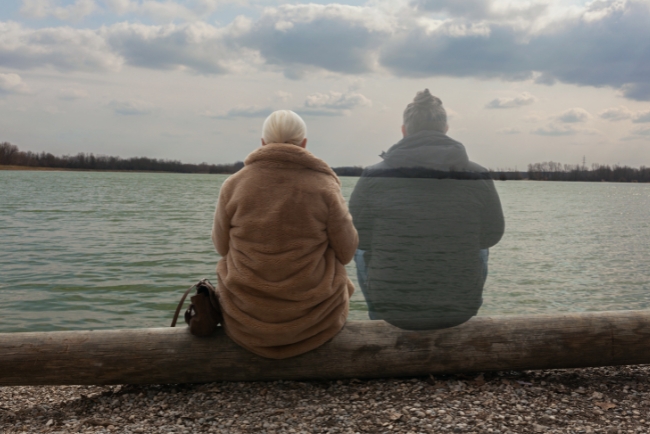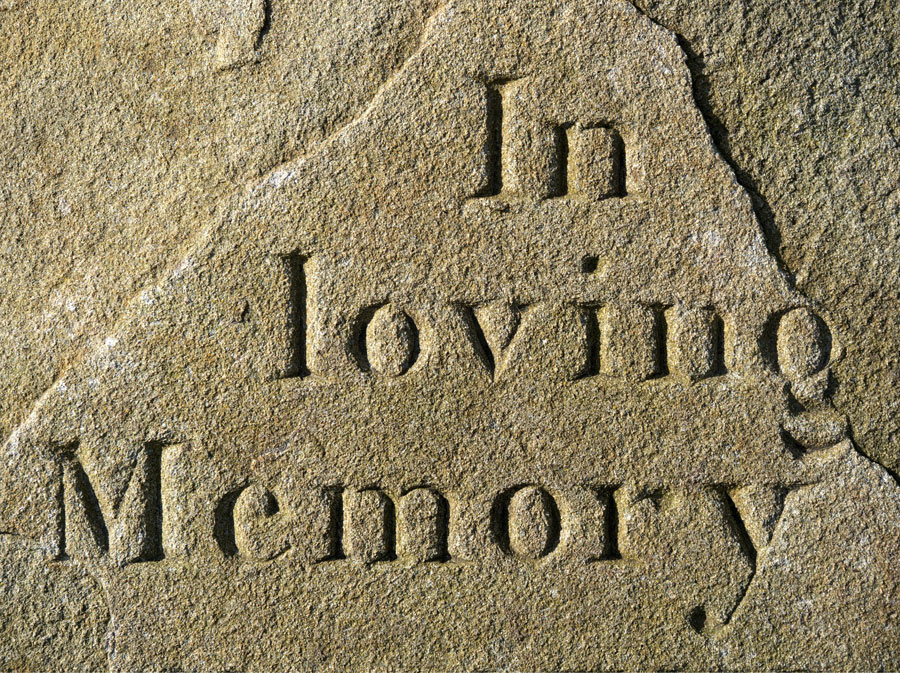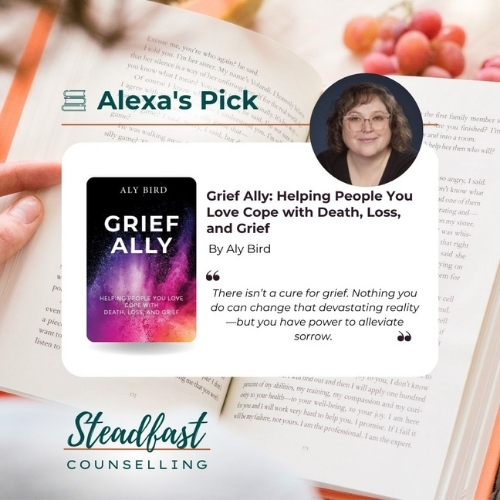Grief & Loss Counselling
We each experience grief and loss in individual, unique ways. Steadfast’s counsellors help you understand your own personal journey through these challenging emotions.
For many years, grief was considered a linear process. People moved through the stages of grief and came to acceptance. Now, we know it’s a bit more complicated. Grieving doesn’t happen in a straight line. We can move backwards and sideways. There may be times when we just don’t even want to think about our loss. All these states are perfectly natural parts of the grieving process.
Grief and loss counselling can’t take away those feelings, or give you a recipe for ‘getting over it’. Everyone grieves in an intensely personal way. But counselling can help you make sense of your own reactions and help you experience your loss with humanity and grace.

When grief is combined with regret, or anger we can become upset with ourselves, feeling as though our pain is in some ways a defeat or a betrayal that we shouldn’t have to bear.
It can be very useful in a situation where you may be grieving for someone who has hurt you, such as an abusive or neglectful parent or other toxic relationship. By placing our emotions into context with the help of counselling, we also come to understand that our grieving process is our own personal experience. It doesn’t have to conform to a time frame or fixed set of stages.
Because we each go through the grieving process in our own ways, it can be hard to share those feelings with others who are sharing our loss.
They may be experiencing their grief in a different way. In these situations, counselling is very valuable. You are able to address your grief without also having to deal with loved ones sharing your emotionally raw state. With help from Steadfast, you can communicate your feelings in a way that helps you come to terms with your loss, make sense of the grieving process, and move forward in your own life.
“The reality is that you will grieve forever. You will not ‘get over’ the loss of a loved one; you will learn to live with it. You will heal and you will rebuild yourself around the loss you have suffered. You will be whole again but you will never be the same. Nor should you be the same nor would you want to.”
Elisabeth Kübler-Ross
In our counsellors’ words
“Feeling alone is a big part of the experience of grief and loss. Therefore many often don’t have the energy or mindset to reach out. To someone who is grieving and considering counselling I would ask ‘Do you feel you are addressing your feelings of grief to the degree that there is a returning sense of wholeness, or do you think it might be time to ask for more support?’ Typically, when the impact of loss creates debilitating mental health symptoms such as, disinterest in social interaction, avoidance behaviour, denial, depression, or a profound sense of guilt to name a few, that is when counselling can be especially helpful.” – Ashar Neufeld
“Knowing how to move through experiences of grief and loss is a fundamental life skill and not one that many of us have been taught how to do. When we avoid experiencing it fully we are more likely to have other mental health issues in the future. What I find the most rewarding about supporting people through it—whether it’s a recent loss or an older one you weren’t able to fully move through in the past—is seeing the freedom and peace people experience on the other side.” – Melanie Behrner









